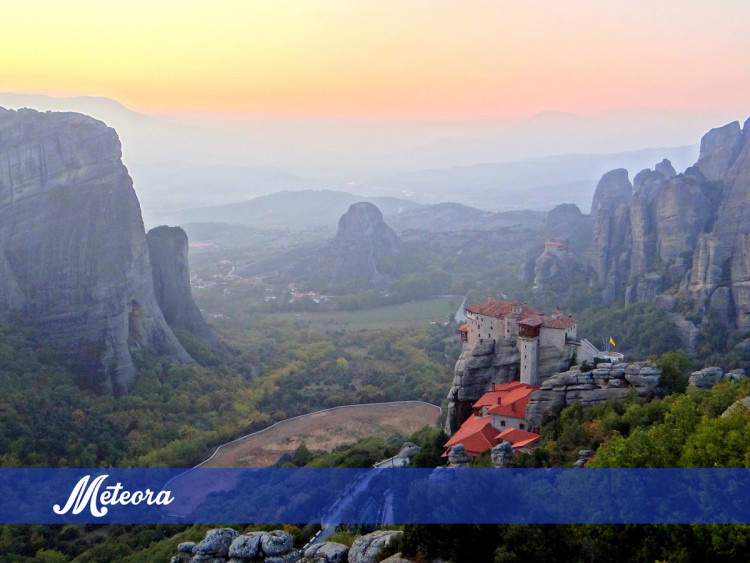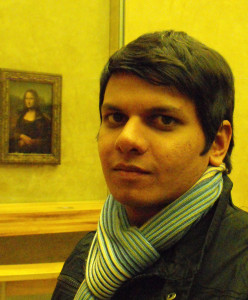‘This is edited/ enhanced version of my original article that was published in National Geographic Traveller magazine, November 2015 print edition’
Wood smoke and the nutty aroma of fresh bread fill the streets of Kastraki village in central Greece. From inside the white painted house I can hear cheerful conversations in lilting Greek, and the sound of waltz music being played on a bouzouki, a long-necked Greek version of mandolin. Just behind the village, massive sandstone rock pillars loom, adding an air of drama to the landscape. It is on these 400-metre-high columns that the ancient Orthodox monasteries of Meteora, which means “suspended in the heavens”, are located. Everything I see adds to the ecstasy I feel while hiking at the mighty meteora.
Kastraki is the base for walks and drives to the UNESCO World Heritage site of Meteora. The monastic complex’s lofty address provides stunning views, but also serves a specific function. Its earliest inhabitants were hermits who are believed to have settled in the caves and fissures of this region in the ninth century. Rudimentary monastic structures were built in the following years and the settlement remained largely nondescript until the 14th century, when the Ottoman Empire was expanding into this region of Greece. Meteora became a refuge for Orthodox Christians and 24 monasteries were built atop the hard-to-access peaks. Today, only six of the monasteries still house religious communities.
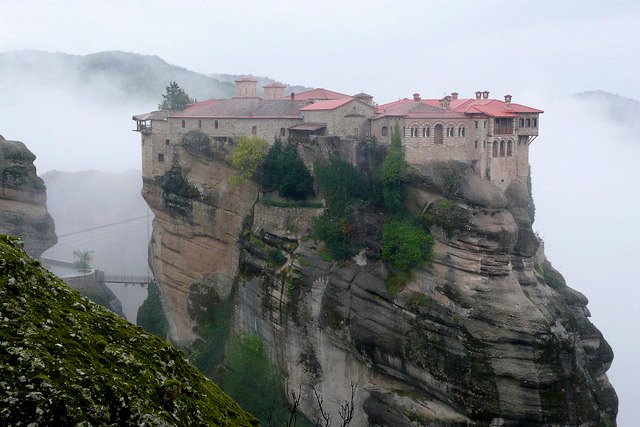
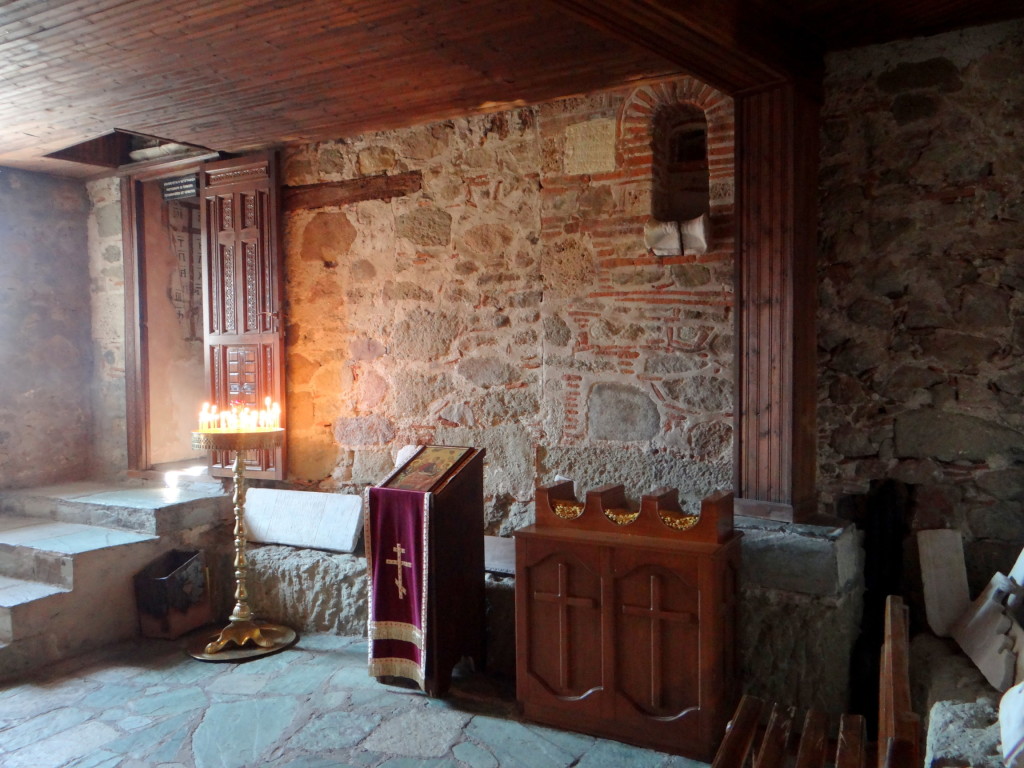

“Offbeat Hiking trails – Meteora has both easy trails that provide an overview of the monasteries and cross great vantage points, and harder ones that add an element of adventure to the experience. There are also numerous hidden routes that monks used to reach the monasteries and visitors can explore these with a local guide. It’s a great way to discover Meteora’s lesser-known and ruined monasteries. A popular trail amongst thrill seekers is the hiking tours of Agia or Great Saint. It follows an ancient trail used by the monks of the now-ruined monastery of Twelve Apostles, passing over steep-edged rocks as high as 400 metres.”
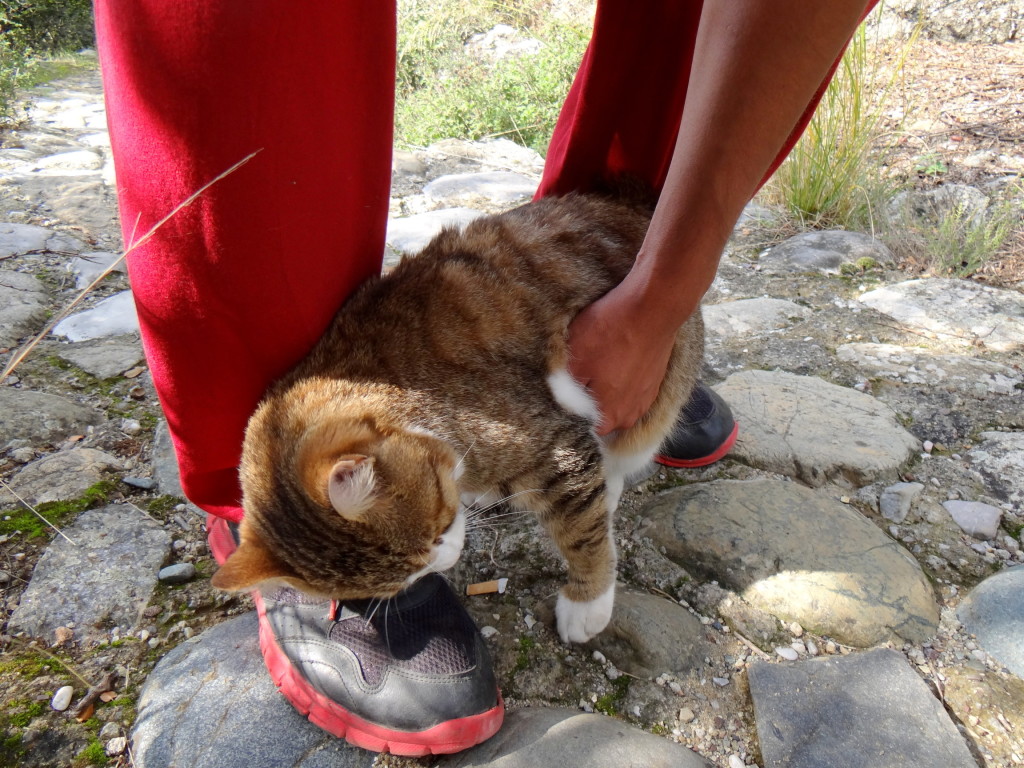
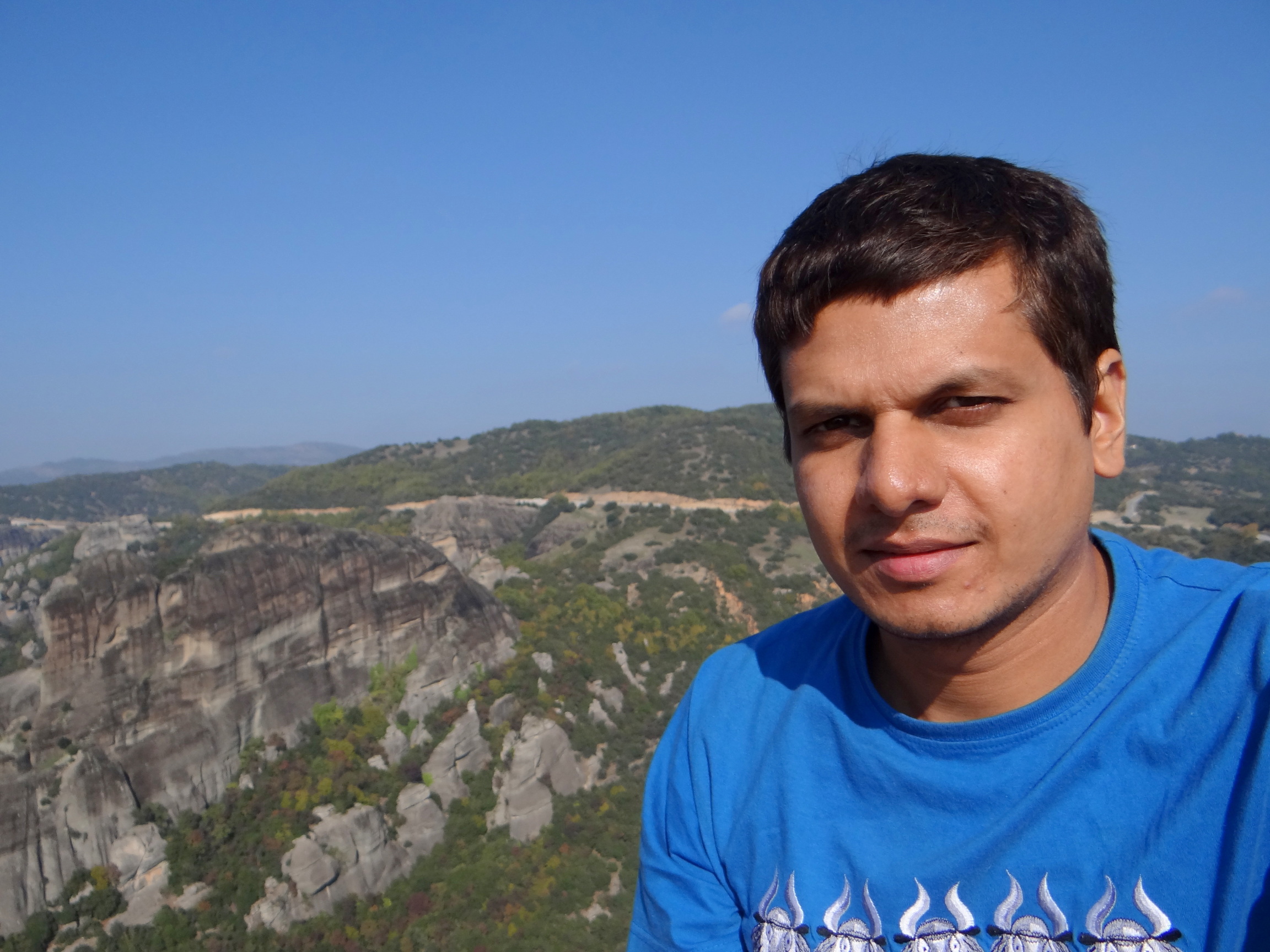
There are various ways to explore Meteora. From Kastraki, visitors can rent cars and drive up, or sign up for minibus tours. Some choose to cycle all the way up while others take a leisurely helicopter ride. To explore at my own pace, on the recommendation of a friend, I decide to take one of the many hiking trails that wind up to a monastery.
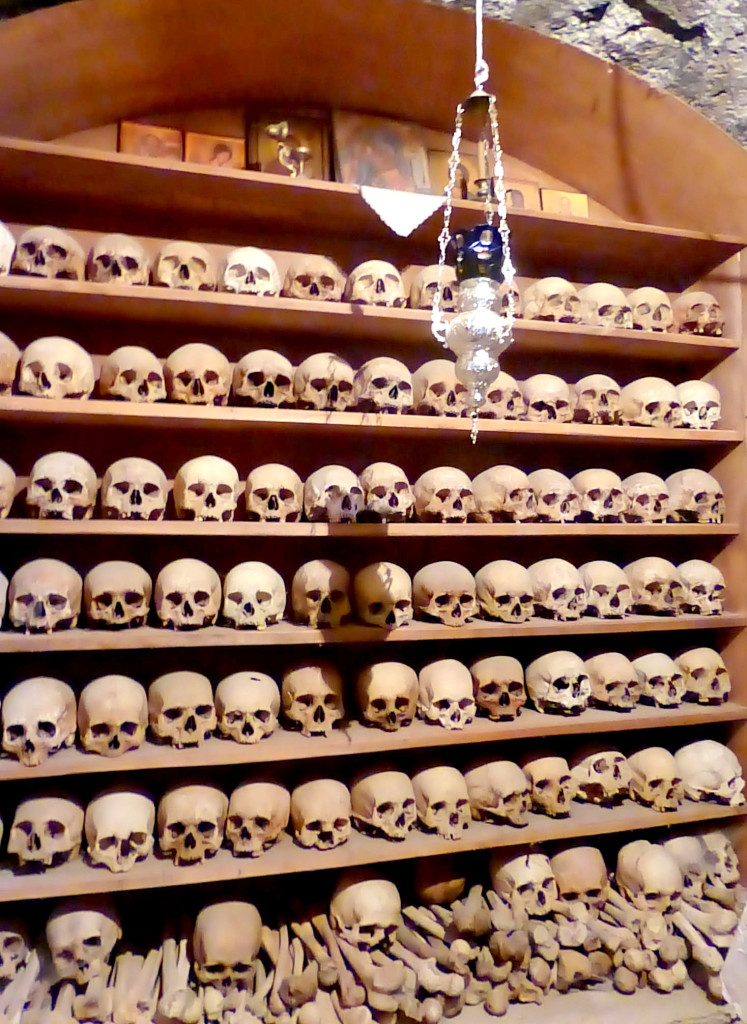
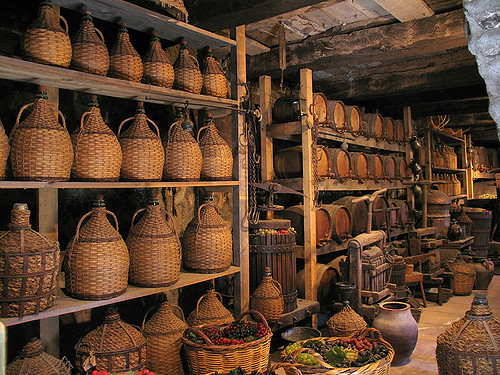
The trail I choose starts behind the Byzantine church in the adjacent village of Kalambaka. I cross homes decorated with flowers and walk through forests to trek to the monastery of Agia Triada (Holy Trinity), one of the six religious cloisters of Meteora, where the James Bond film For Your Eyes Only was shot. As the trail winds higher, I see smaller rock formations and streams below, and panoramic views of larger monasteries like Great Meteoron and Varlaam. At the Holy Trinity, sunlight streams through the small windows into its dim,y lit grey stone interiors. It partly illuminates the beautiful murals on the walls that date back to 1682 giving me a peaceful, yet eerie feeling. The narrow galleries inside are cut from stone and echo with sound of Orthodox Christian chants being played on speakers.
“Eat Local – The many tavernas in the villages and countryside offer home-made wine, salads with feta and olives, and souvlaki (grilled port or chicken served with cheese and a simple salad). Try ouzo, the local wine, and tsipouro, a brandy made from pomace, or fruit pulp. At the local bakeries, sample baklava, galaktoboureko (semolina custard with filo pastry), and samali, a fragrant semolina cake infused with mastic resin, lemon, and rosewater.”
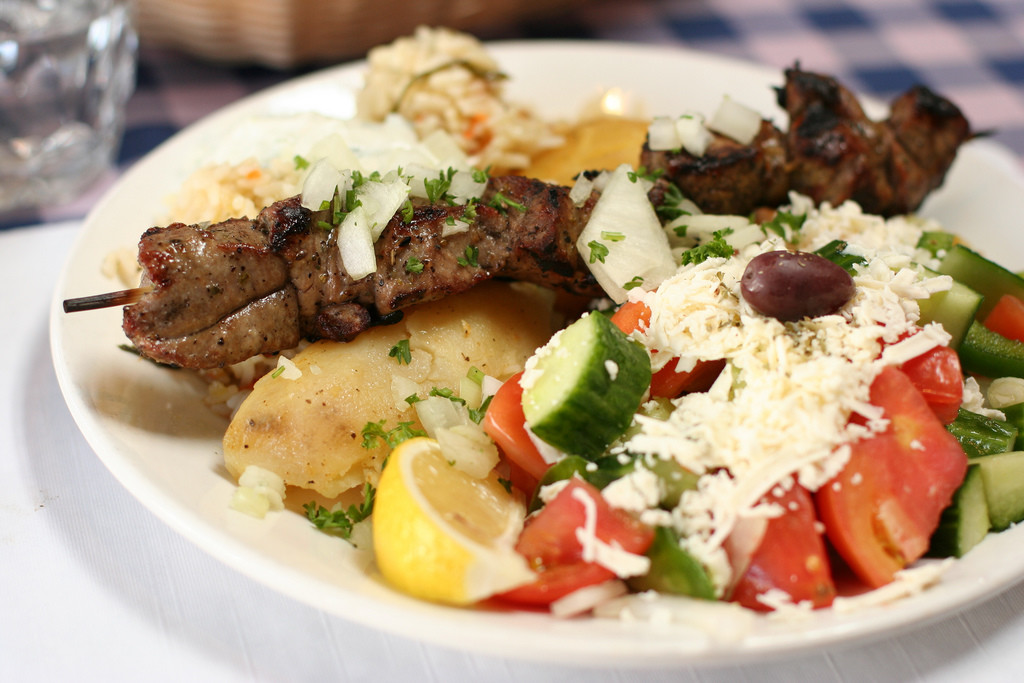
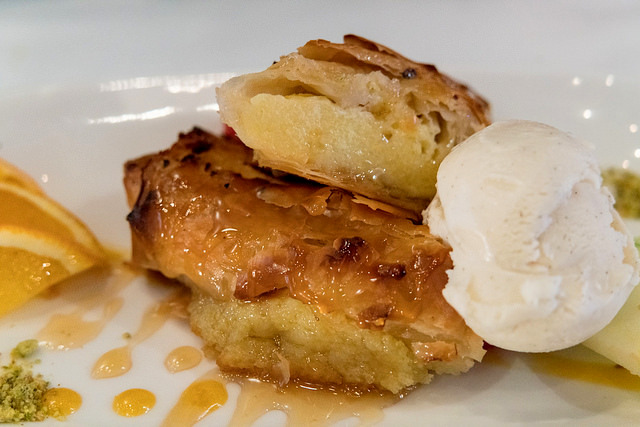
Walking further, I reach the Roussanou monastery that is named after the first monk to settle on the rock. I find a comfortable spot to sit and watch the majestic orange sun set gently behind the soft clouds. Even when it is out of sight it splashes the sky with a vibrant palette of colours. The Mediterranean breeze gently kisses my cheeks and ruffles my hair. I realise I’ve had a rare chance to see Meteora not just as a tourist, but to feel, even if briefly, the air of calm and spirituality that brought the monks here many centuries ago.
“The vitals – Meteora is in the Thessaly region of central Greece, approximately 374 km/5 hr north of the capital Athens. To visit Meteora, Buses are available from Athens’ Lioission Street terminal. Trains to the nearest city, Kalambaka, are available from Larissa Station in Athens. The closest airport is a Volos, a two-hour drive from the monastery complex.”
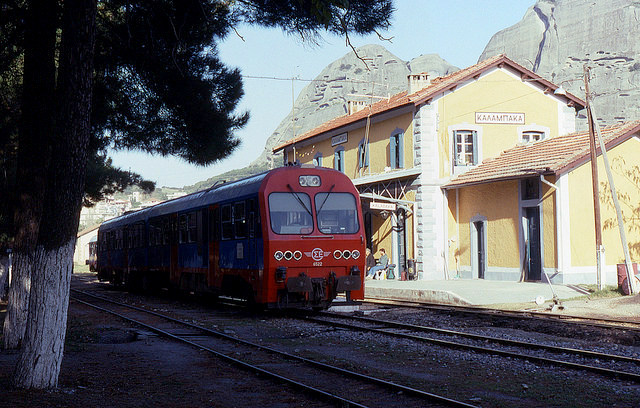
Travel with me on Facebook, Twitter & Instagram
Feature image: Roussanou Monastery, Gaurav Bhan Bhatnagar
Related Articles –
Why you should never visit Greece
Tzoumerka – villages beyond Greek islands
Gaurav BhatnagarSoftware Engineer turned Travel Writer, Photographer, and Public Speaker on Responsible Travel. Entrepreneur in Responsible Rural Travel @ www.thefolktales.com
|
